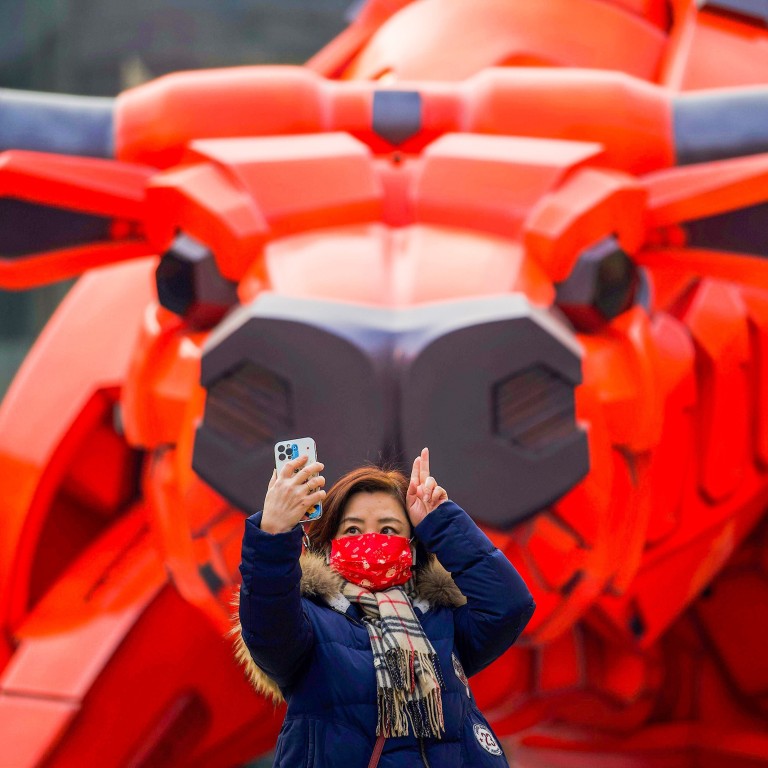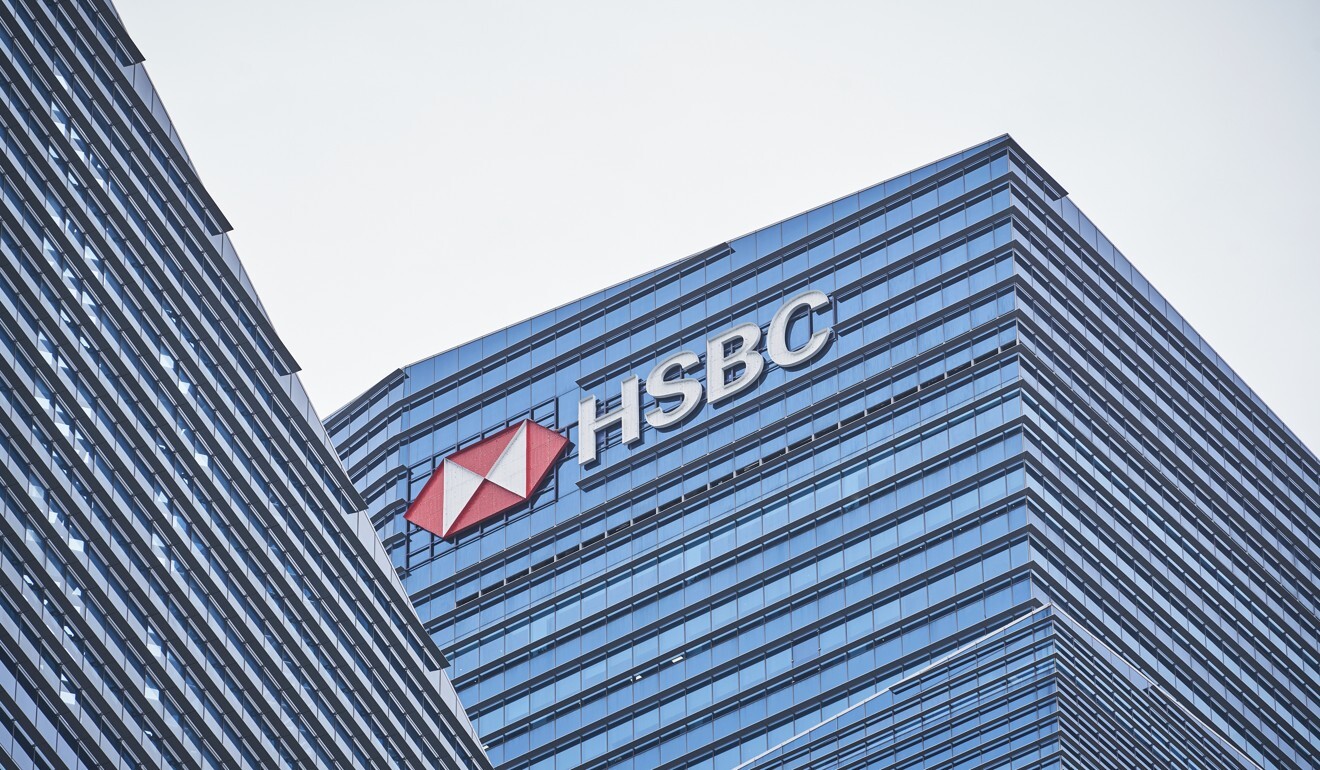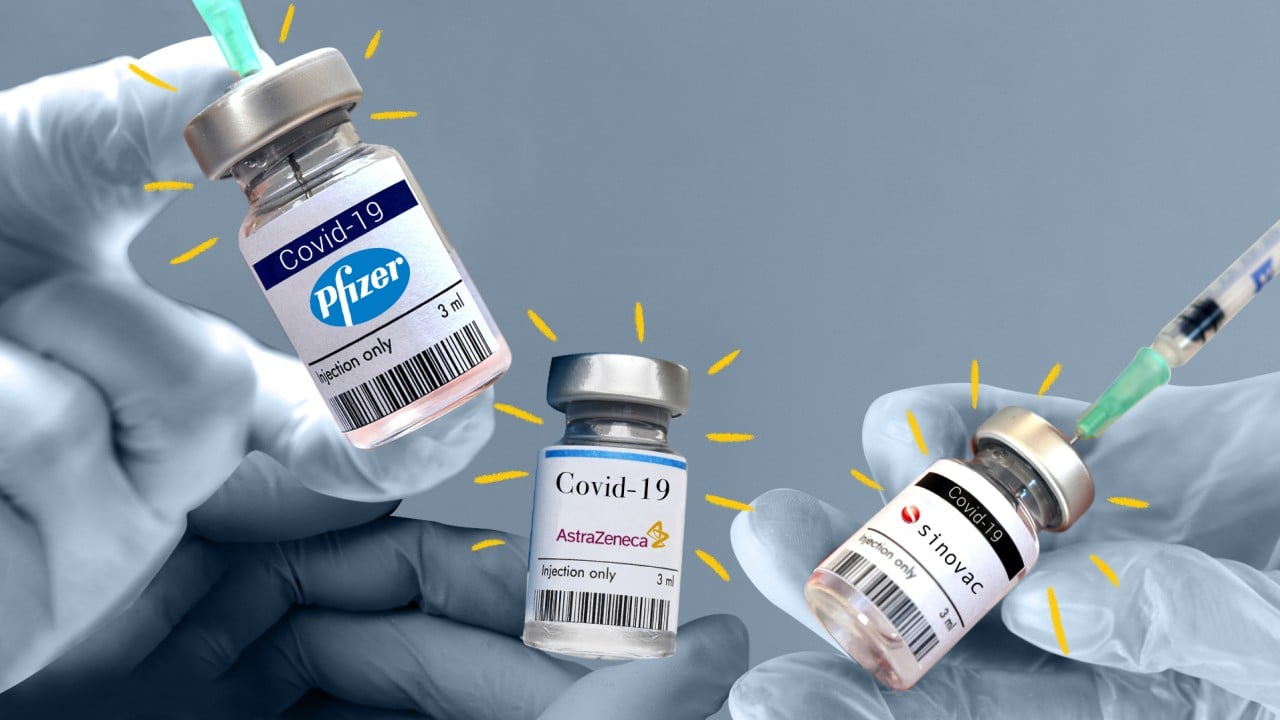
Hong Kong stocks gain on first trading day of Year of the Ox fuelled by economic recovery optimism, vaccine roll-out
- Hang Seng Index rises 1.9 per cent to its highest level since June 2018, after ending Year of the Rat on a high
- Markets in China closed for Lunar New Year holiday through Wednesday
Hong Kong stocks gained on the first trading day of the Year of the Ox after investors returned from a long holiday weekend, tracking Asia-Pacific markets higher on optimism over a global economic recovery and roll-out of Covid-19 vaccines.
The markets in mainland China are closed for the Lunar New Year holiday, with trading set to resume on Thursday.
“Market sentiment is very feverish, even in the absence of money [from the mainland] coming through the Stock Connect,” said Louis Tse Ming-kwong, managing director of Wealthy Securities. “Investors are anticipating a gradual economic recovery, as more people [around the world] are taking vaccines.”
Of the 52 constituent members of the benchmark Hang Seng Index, 49 rose on Tuesday.
Oil producers led gains among blue chips, as the combination of a weaker US dollar and snowstorm threatening oil production pushed oil prices to a 13-month high.
PetroChina surged 13.2 per cent to HK$2.75, while CNOOC soared 9.5 per cent to HK$9.54. Sinopec also added 8.1 per cent to HK$4.12.
IMAX China, the purveyor of the wide movie format for cinemas in Greater China, jumped by as much as 88 per cent to a two-year high of HK$26.30, before paring gains to close 31.1 per cent higher at HK$18.36. Alibaba Pictures, the distributor of the Oscar-winning Green Book, rose 34.6 per cent to HK$1.44, its highest level since January 17, 2020.
HSBC rose 7.6 per cent to HK$45.75. Investors anticipate that the bank will announce dividend payments when it releases earnings next Tuesday.

The Hong Kong Exchanges and Clearing (HKEX) kicked off trading in the Year of the Ox with a ceremony attended by chairwoman Laura Cha Shih-May-lung and interim CEO Calvin Tai Chi-kin.
It was followed by a performance of the traditional lion dance and the god of wealth at the exchange.
The HKEX had a bumper year last year, with the amount of IPO funds raised reaching a 10-year high, Cha said.
Tai predicted a prosperous year ahead, expecting a slew of listings from biotechnology and technology companies, which accounted for 60 per cent of the funds raised last year.
HKEX rose 2.4 per cent to HK$548.
Financial Secretary Paul Chan Mo-po, who delivered a video message to mark the occasion, called on the exchange to leverage the mainland’s development strategy to sustain Hong Kong’s success in the financial industry.
“The market showed resilience even without the support of southbound inflows,” said CICC analysts Wang Hanfeng and Kevin Liu in a note on Tuesday. “Overseas conditions and sentiment [has] also improved on falling Covid-19 cases and accelerating vaccine administration.”

09:50
SCMP Explains: What's the difference between the major Covid-19 vaccines?
US President Joe Biden’s backing for the US$1.9 trillion stimulus package further boosted market sentiment.
Markets in Asia-Pacific also rose. Japan’s Nikkei 225 added 1.3 per cent, while South Korea’s Kospi gained 0.5 per cent. Australia’s S&P/ASX200 increased 0.7 per cent.
Additional reporting by Cheryl Heng

